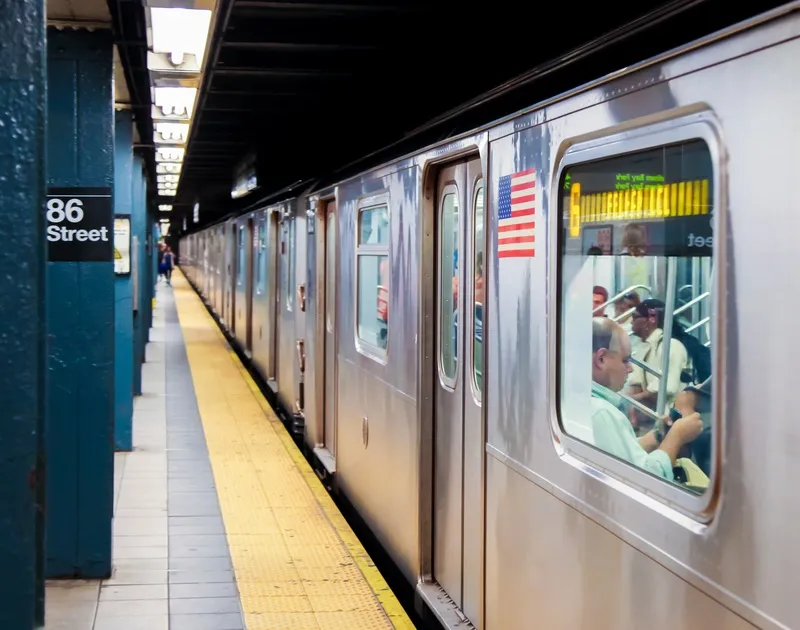Siemens Mobility is working with its subsidiary Bytemark to provide a common payment solution for the Smart Columbus travel app in Ohio.
Smart Columbus - a joint venture with the city and Columbus Partnership - is utilising government grants and private investment from mobility projects to improve the region's transportation system.
Siemens says the system allows users to pay for public and private mobility services including bicycles and scooters.
Michael Stevens, chief innovation officer for the
August 27, 2019
Read time: 1 min
Smart Columbus - a joint venture with the city and Columbus Partnership - is utilising government grants and private investment from mobility projects to improve the region's transportation system.
Michael Stevens, chief innovation officer for the City of Columbus, says: “Instead of checking to see which mode is faster, you can actually map out the fastest multi-mode route – utilising any/all modes of public and private transportation, including bicycles, scooters, buses, and ride-hailing.”










